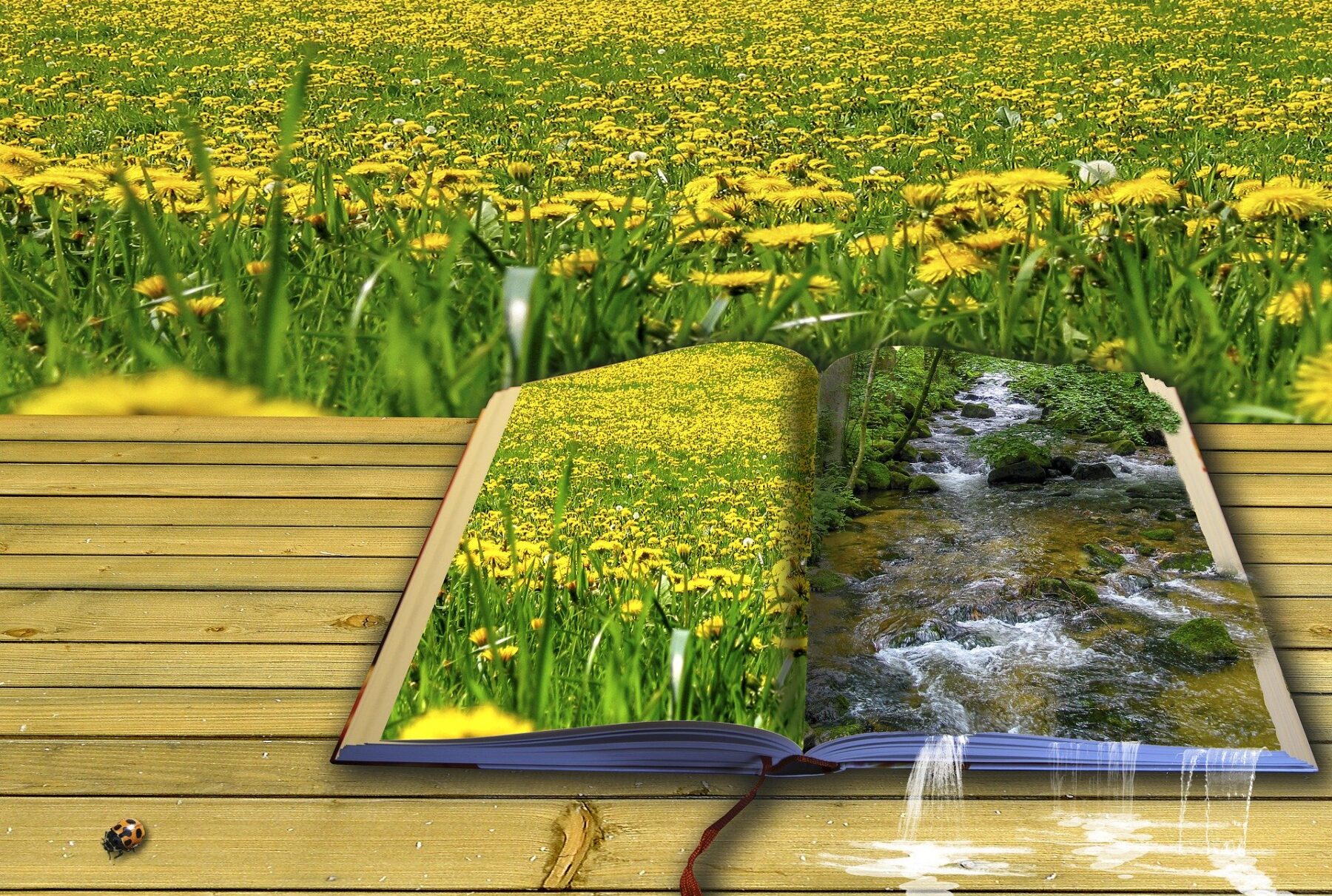City of Refuge is the story of two families in New Orleans, their love of the city and its culture, and the wrenching decisions they have to make in the wake of Hurricane Katrina. I am advising my dear friends in New Orleans not to read this book; for them, the pain is too close to the surface and some of those decisions are still being made. I am encouraging everyone else I know to read it ASAP.
Craig Donaldson and his wife, Alice, are transplants to New Orleans, moving south from Ann Arbor due to Craig’s tremendous love for the city and its culture. They are white, educated and well-off, but they are not perfectly happy here; Alice worries about the crime and grumbles about the evacuations and wonders whether this is the best place to raise their two children.
SJ Williams and his family have lived in the city for generations – his friends, his relatives, everyone and everything he loves is here. He owns his own home in the Lower Ninth Ward, where he lived with his late wife, Rosetta. He owns his own small business and he takes care of his sister, Lucy, and her son, Wesley. He’s typical of a lot of black men of his generation in New Orleans.
The story introduces us to these families in the days leading up to Hurricane Katrina. If you ever wondered why people didn’t just evacuate as soon as there were storm warnings, this book will help put those questions to rest. Could you afford to uproot your family a couple of times a year, drive several hours to a hotel or to stay with a relative, miss work, leave your home and possibly your pets unprotected, on the off chance that this hurricane might be worse than others? The morning they plan to evacuate, Craig and Alice wake up to find their young son is vomiting and running a high fever; they can’t very well travel with him in that condition. SJ has friends and family who won’t leave and he feels obligated to protect them.
I found myself quickly wrapped up in these people and their lives. The book is filled with vivid detail – their friends and neighbors, the routine of crawfish boils and red beans and rice, the Mardi Gras Indians, the patois of the neighborhoods, the music and the parades. I found myself agonizing right along with them as they tried to decide what to do next. City of Refuge does a marvelous job of making you really understand their situation in a way that no news report ever could.
After the hurricane, the Donaldsons end up in Chicago at the recommendation of Alice’s less-than-sympathetic family. The Williams clan reconnects in Houston, staying with relatives. The biggest and most difficult decision they face is whether or not to return to New Orleans. There are practical considerations – jobs, doctors, electricity, housing. There are also emotional hurdles – how can you abandon your friends and your community just when they need you the most? It’s a complicated and emotional decision, being made under difficult conditions.
It would have been easy for me to walk away from this book hating Alice. She comes off as a bit shrewish in the beginning of the book and once they reach Chicago, she could easily have been smug or overbearing. Instead, she said something while talking with Craig that really laid the whole situation bare: “I think we are trying to do the right thing, and there is no right thing. Every choice we have ends up with some kind of huge…loss. It ends up with something getting lost that is really just…irreplacable. And I’m sorry, Craig. I am really sorry about that.”
Politics and blame are minor characters in this story. It’s really about people and their ability to face disaster and put their lives back together. It’s about our connection to our homes, a connection that the people of New Orleans feel more deeply than perhaps any residents of any other city in this country. It’s about love and loss and hope and rebuilding and I strongly recommend you add it to your to-be-read list.
My copy was an Advanced Reader edition; you can order your copy here.


